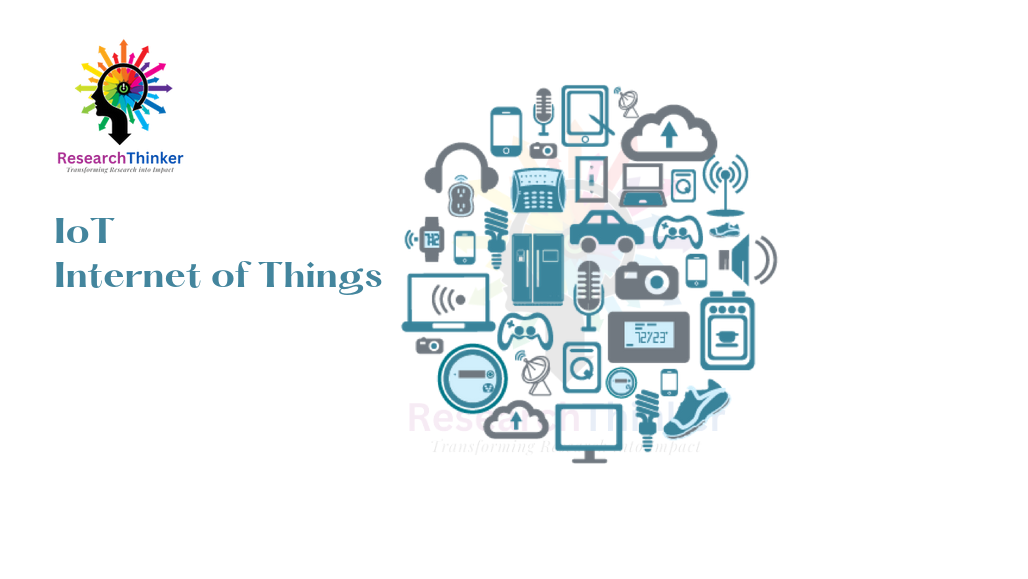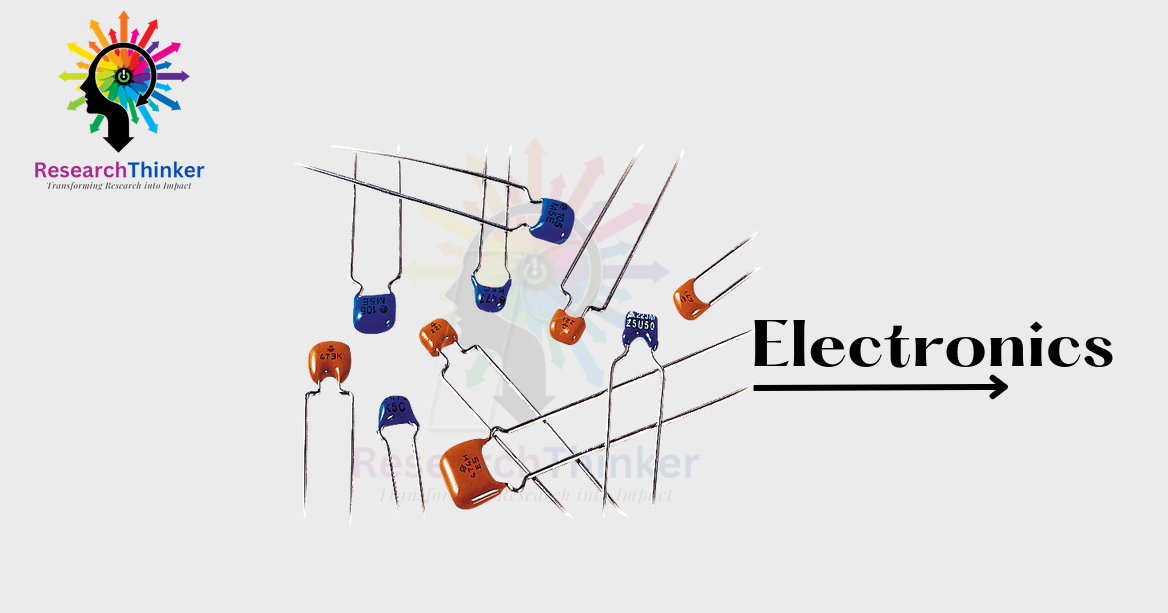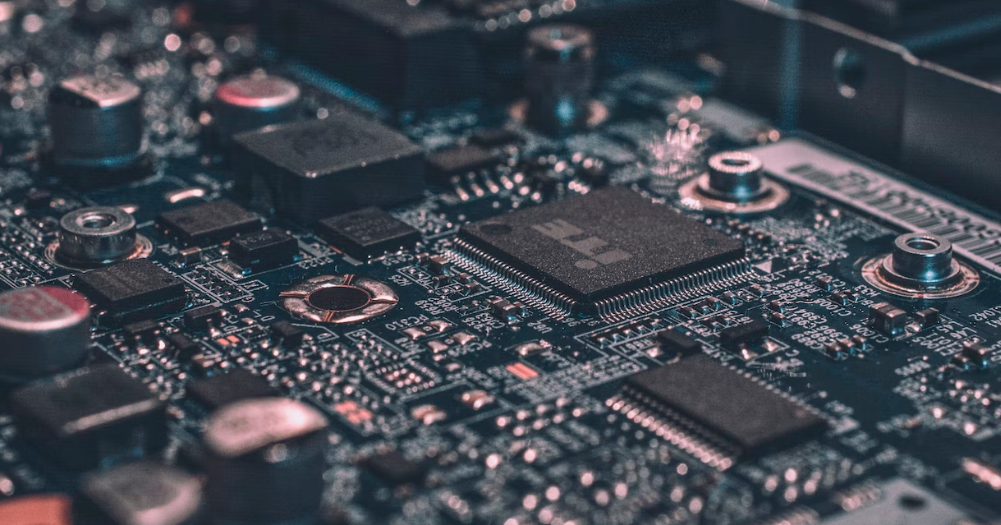Raspberry Pi, despite its versatility and popularity, does have some limitations. Here are some of the key limitations of Raspberry Pi:
1. Processing Power: While Raspberry Pi has come a long way in terms of processing power, it is still not as powerful as high-end desktop computers. Running resource-intensive applications or multitasking with multiple demanding processes may be limited by its CPU capabilities.
2. RAM Limitation: Raspberry Pi models typically come with varying amounts of RAM (e.g., 2GB, 4GB, 8GB), which may be insufficient for memory-intensive applications or large-scale data processing.
3. Graphics Performance: While Raspberry Pi can handle basic graphics tasks and multimedia playback, it may not perform as well as dedicated graphics processing units found in high-end computers or gaming systems.
4. Storage Speed: Raspberry Pi primarily uses microSD cards for storage, and the read/write speeds of these cards may not match the performance of solid-state drives (SSDs) or hard disk drives (HDDs) found in traditional computers.
5. Limited GPIO Pins: Although Raspberry Pi offers GPIO pins for interfacing with external devices, the number of pins is limited compared to some specialized microcontroller platforms.
6. Power Requirements: Raspberry Pi, especially the more powerful models, requires a stable and sufficient power supply. Inadequate power can lead to instability or potential damage.
7. Lack of Real-Time Capabilities: Raspberry Pi’s operating system, while versatile, is not designed for real-time applications. It may not be suitable for tasks that require precise timing or deterministic behavior.
8. Connectivity Limitations: While Raspberry Pi offers various connectivity options, it lacks built-in cellular connectivity, which might be required for some IoT applications.
9. Cooling and Thermal Management: Under sustained high load, Raspberry Pi can generate heat. Ensuring proper cooling or thermal management may be necessary to prevent overheating and performance throttling.
10. GPU Documentation: The GPU used in Raspberry Pi models has proprietary drivers, limiting the extent of documentation and software compatibility.
Despite these limitations, Raspberry Pi remains an excellent platform for a wide range of applications, especially in educational settings, DIY projects, IoT devices, home automation, and media centers.






